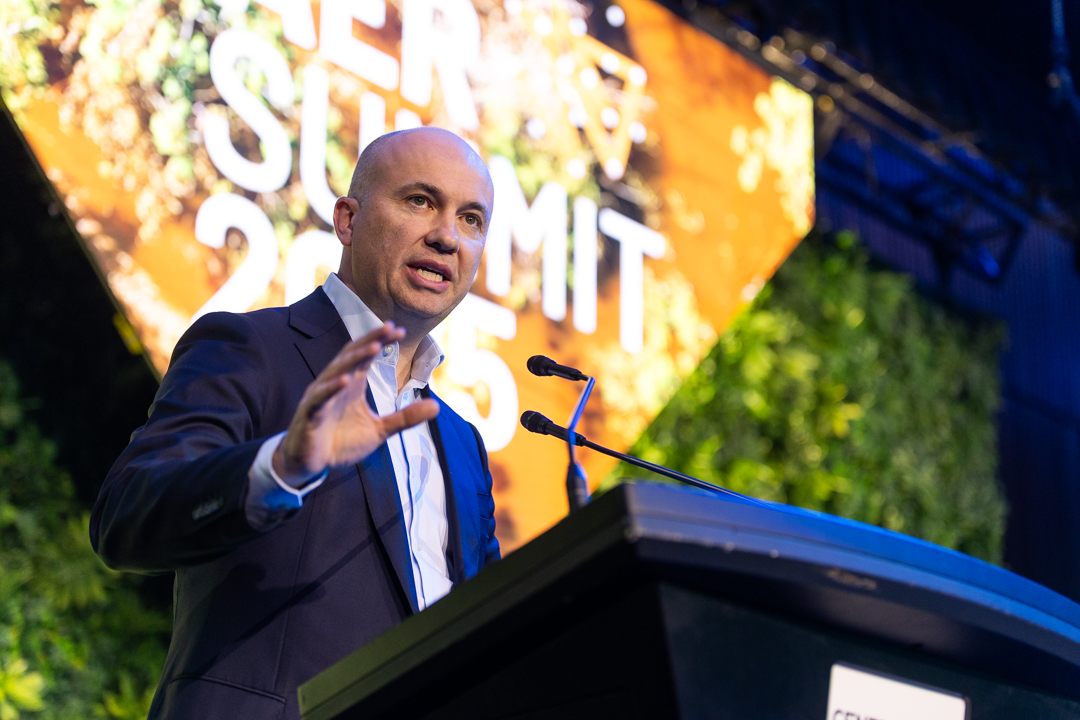Senate Inquiry Report highlights fault lines & opportunities for Safeguard Mechanism
The Carbon Market Institute (CMI) said the Senate Inquiry Report into the Safeguard Mechanism (Crediting) Amendment Bill 2022, revealed key challenges and opportunities for the passage of the Bill, after hearings provided an opportunity to hear supportive, concerned and opposing voices.
CMI CEO John Connor said the Inquiry was an important process to bring key parties to the table, and reflected the breadth of perspective and expertise on this policy:
“The Committee report summarises both key fault-lines and opportunities for potential support for the Safeguard legislation. It is clear there needs to be greater transparency on key government, corporate and ACCU data as well as greater confidence that the Mechanism will drive at-source decarbonisation.”
“The report is a reminder of the need for vigilance with this all-important legislation, particularly the need to get the design settings right for treatment of new entrants to the scheme, including with a clear carbon budget, as well as bringing forward the proposed 2026-27 review.”
“ACCU integrity is vital for transparency and the release of key data via a national database, including Carbon Estimation Area (CEA) data packages, will enable thorough project assessments based on shared information.”
“It is important to note that the Climate Change Authority, as recommended by the Chubb Review, will provide further advice to the Minister on the merits of other risk management mechanisms at the scheme-level, providing further assurance of additionality and conservativeness.”
“The report’s various findings and recommendations also reinforce the need to introduce a range of complementary measures beyond the Safeguard Mechanism, in order to address the broader structural economic transition that will be required on the path to net zero. These additional measures could include establishing a formal transition authority, requiring public transition plans as part of mandatory climate reporting and instituting a more rigorous assessment framework for emissions-intensive developments.”
“It was surprising that although numerous critics of the Chubb Review findings and recommendations were given a voice at the hearings, Professor Chubb wasn’t. As such, it was important that his submission responding to latest criticisms was enabled by the Committee,” he said.
Note to editors: Further information on additional measures and CMI’s other recommendations for Safeguard Mechanism reform can be found in its full submission.
About the Carbon Market Institute
The Carbon Market Institute (CMI) is a member-based institute accelerating the transition towards a negative emissions, nature positive world. It champions best practice in carbon markets and climate policy, and its over 150 members include primary producers, carbon project developers, Indigenous organisations, legal, technology and advisory services, insurers, banks, investors, corporate entities and emission intensive industries. The positions put forward constitute CMI’s independent view and do not purport to represent any CMI individual, member company, or industry sector.
For further information, contact Thomas Hann on 0408 880 536 or thomas.hann@carbonmarketinstitute.org



